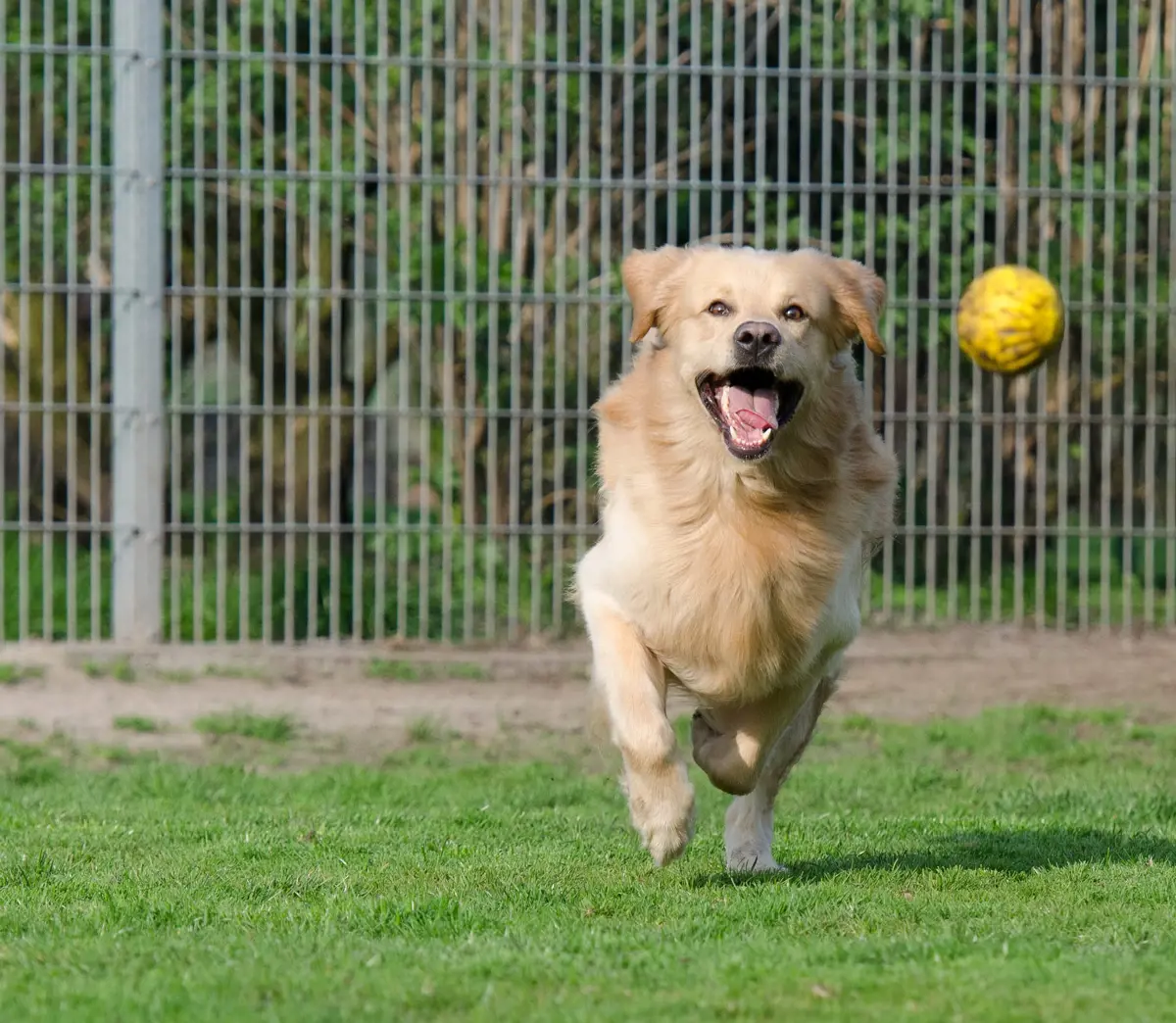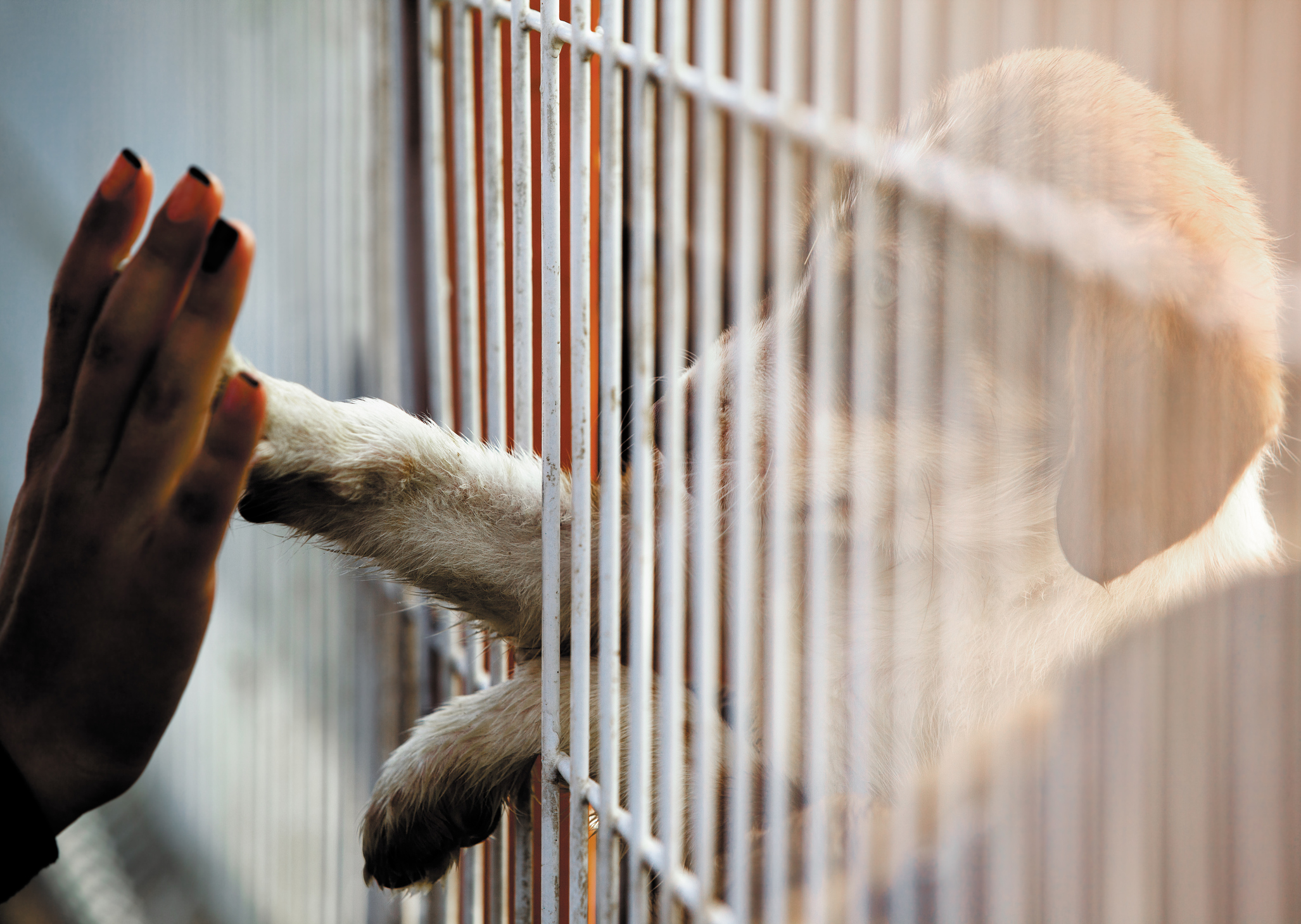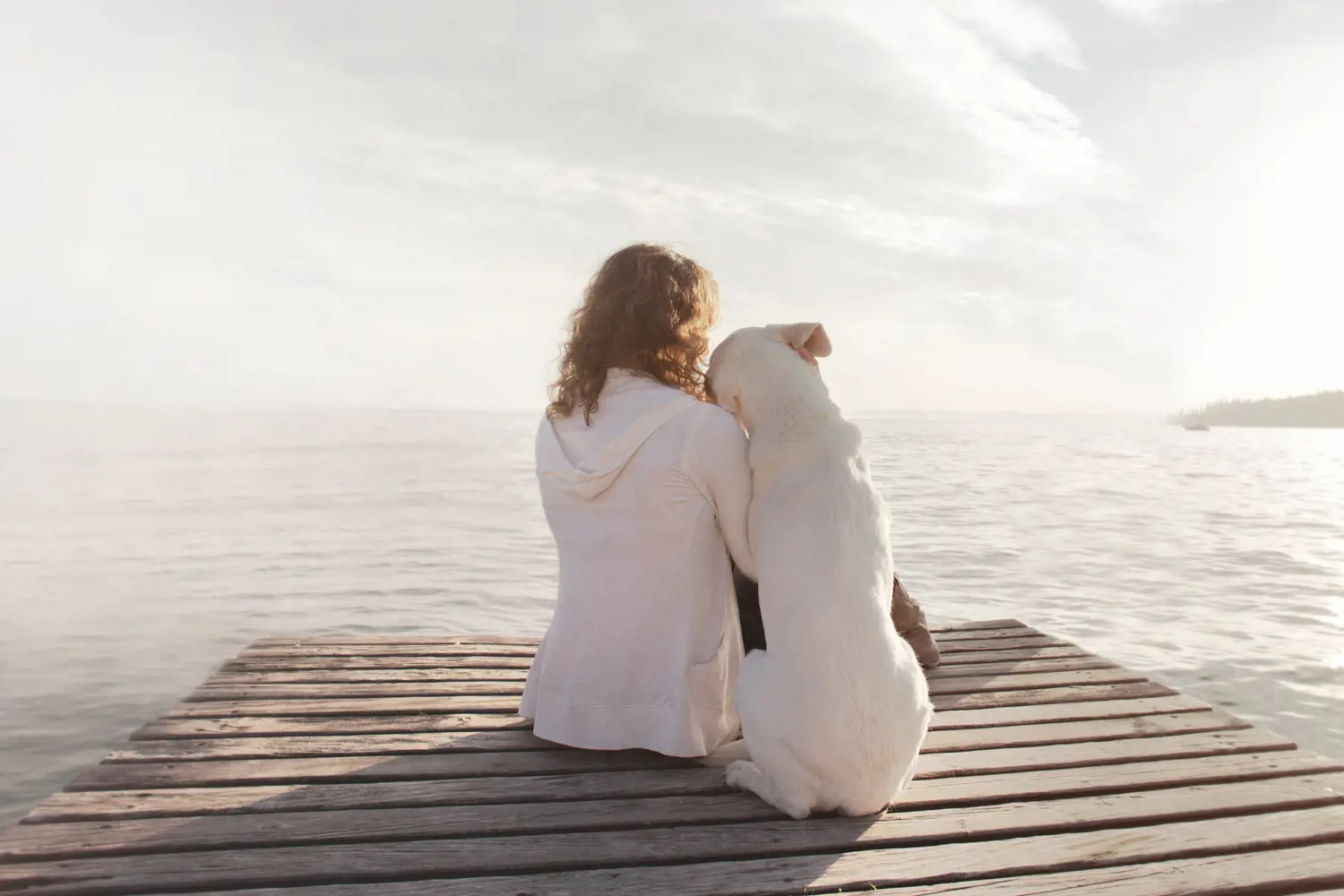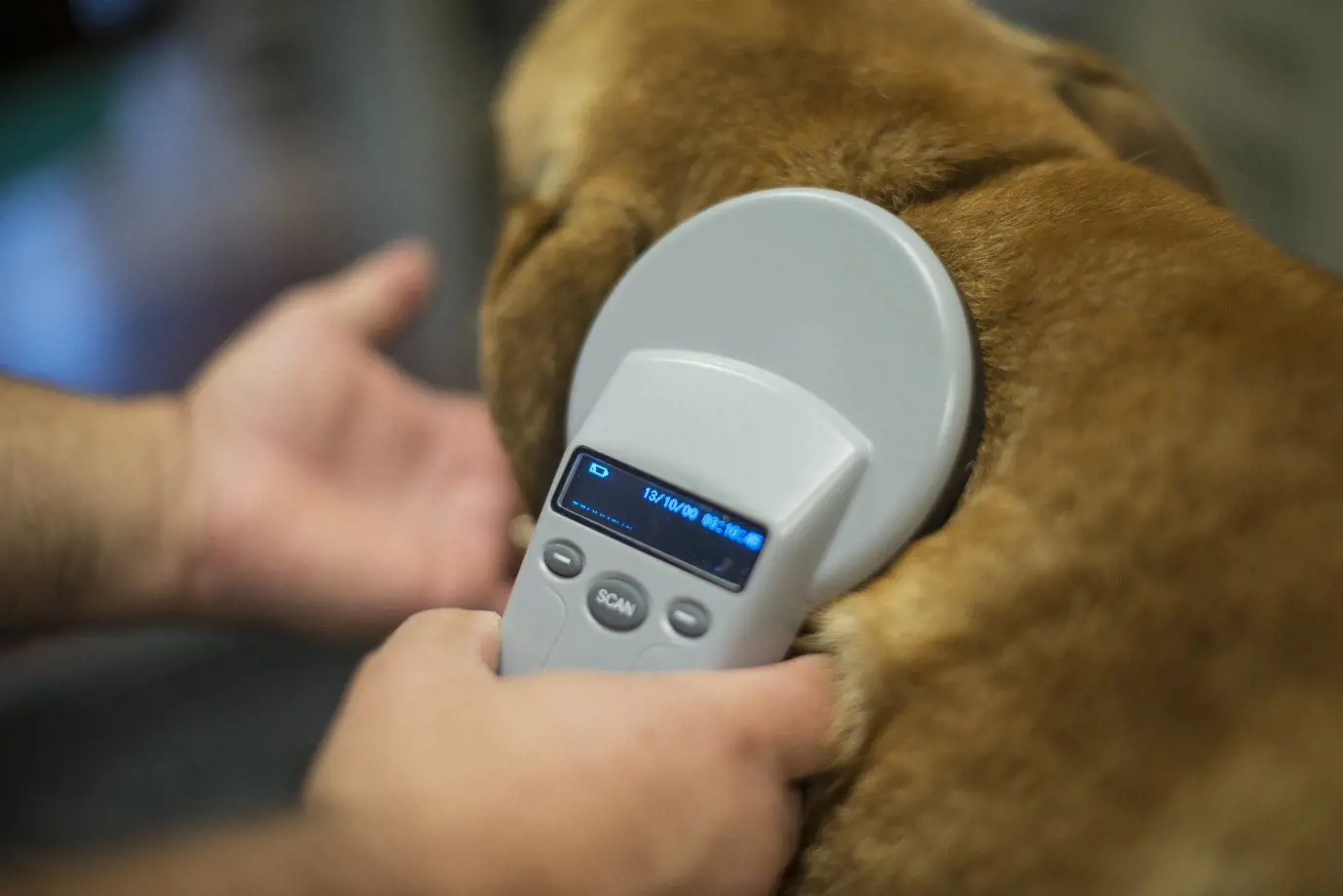How long does it take to adopt a dog?
17th March, 2021

If you’re thinking of bringing a dog into your family, you might wonder how long the process takes. The answer might depend on your individual circumstances. Let’s look at the adoption process and what you should expect when you sign up for a dog.
Dog adoption in the UK
The UK is a nation of dog lovers. There are over 10 million pet dogs in the UK according to the PDSA, and almost one quarter (24%) of the UK population have a dog. However, for a variety of reasons many canines are also rehomed each year. An estimated 130,000 dogs are brought to rehoming charities in the UK each year.
While many dogs are put up for adoption due to a change in their owner’s circumstances such as death, relationship breakdown or a new baby arriving into the family, a significant proportion are brought to rehoming centres due to behavioural issues. Many new owners underestimate the responsibility of having a dog, particularly by misjudging how long a dog can be left alone.
Research by Dogs Trust indicates that 45% of owners leave their dogs alone every day, with 28% being left for over four hours. Lengthy periods of time on their own can cause dogs anxiety and distress. Aggressive behaviour is another common cause for rehoming. Barking, lunging or growling at other dogs or people can cause stress for dogs and owners alike.
Cost is another major factor in dogs being brought to rehoming centres. PDSA estimates that initial costs when you buy a dog are between £370-425, covering items such as a bed, lead, collar, and tag, toothbrush and vaccinations – not including the cost of buying the dog in the first place.
After that, you should budget £50-80 per month for essentials such as insurance for your dog, vet checks, food, toys, and regular treatments such as worming tablets. If you need training classes or help from a behavioural specialist, this could cost even more.
If you’re thinking of adopting a dog, you should bear in mind that the animal will have a history with someone else, and there may be some behavioural issues that need to be addressed. For this reason, rehoming centres can be choosy about how they place dogs – the last thing anyone wants is for a dog to be returned after a few weeks or months.

Where do you go to adopt a dog?
Before you take any steps towards adopting a dog, you should think through your personal circumstances carefully and carry out research into different dog breeds. For example, the amount of training and exercise different breeds require can vary significantly, and some breeds may have higher veterinary care costs or be less suited to young families.
Rehoming organisations such as the RSPCA or Dogs Trust are experts at matching dogs with good homes and they carry out thorough checks to ensure pets have the best possible chance of finding a lasting home. Not all pets are suited to all homes, so the length of time it will take to find a match will also be different.
For example, if you’re an experienced dog owner with no young children or other pets, with a large garden and plenty of time for dog walking, you’re likely to find a match much quicker than a first-time dog owner with children and no garden.
If you do decide to buy a puppy from a breeder rather than using a rehoming centre, always go with a reputable breeder rather than someone advertising through a newspaper or listing site. Using a private breeder puts you at higher risk of getting a puppy who has been raised in poor conditions, who will develop health or behavioural problems later on. Even if you have good quality dog insurance, this can be distressing and time-consuming.
The COVID-19 pandemic has resulted in a boom in dog ownership. The RSPCA has reported a rise of 30% in visits to rehoming pages and a 600% increase in interest in fostering dogs. To meet the interest, the RSPCA is trialling virtual rehoming processes, in which prospective owners meet animals through video link and home inspections are carried out virtually.
A typical adoption process involves you initiating contact with a rehoming centre, who send you a form to fill in with further information about yourself and what you are looking for. You will likely have a telephone interview to chat through your needs, and possibly a home visit.
The shelter might suggest suitable dogs for you or you may be able to see available dogs and reserve one or two that you like.
The rehoming centre staff will check to see if they are happy with the match then if all is well, you collect your new pet and receive ongoing support from the rehoming centre to help him or her to settle in their new home. You should make sure you have dog insurance before collecting your pet.
This whole adoption process will likely take a few months, especially as the pandemic causes additional difficulties. When you find a dog you like, if there are no complicating factors such as the dog being distressed or nervous, they could be home with you within a week.

Should you foster or adopt?
Fostering is an interesting and worthwhile alternative to dog adoption. Rather than taking on a pet permanently, you care for the animal in your home until a long-term owner can be found. Fostering is often used for dogs who have been through stressful experiences and would not cope well with an animal centre environment.
One-to-one care in a loving home can mean the difference between a dog relaxing and finding a new home or showing stressed, aggressive behaviours that ultimately mean the animal is put to sleep rather than rehomed. Because the fostering is not permanent, you have short periods of rewarding interaction with the dog without having to commit forever.
Fostering is also often an affordable way to care for a dog – the rehoming centre often covers costs such as vet care, dog insurance, food and basics such as a bed and toys. You get the rewarding experience of engaging with a four-legged friend, but without the lasting financial commitment.

Can you adopt a dog if you live in rented accommodation?
Living in rented accommodation does not automatically rule you out of being able to adopt a dog, but a rehoming centre will want to see evidence that you are allowed to have a dog in your home. This might be in the form of a letter giving written permission from your housing association, landlord or local authority.
Far too many dogs have to be rehomed after being placed in rented accommodation where tenants hoped the landlord would not find out or object – only to discover that a beloved pet has to be settled elsewhere.
A rehoming centre will also want to carry out a visit to your home, whether in person or virtually, to make sure it is a suitable place for a dog.
What happens on a rehoming visit?
Rehoming visits might sound a bit daunting, but really they are very useful as they can pick up on any potential problems before they arise. The rehomers are not coming to judge your decor choices – they want to see if a dog would be safe and happy in your home.
The home visit will check for things like whether your garden has a secure fence that will keep the dog in, whether there are any hazards such as sharp objects, toxic plants, or chemicals, and what the local area is like – if there are safe places to exercise dogs or a big busy road, for example.
The rehoming visit could result in a to-do list of simple tasks that will make your home safe for a dog, such as finding places to store potential hazards safely, removing possible escape routes or putting in a stronger fence. Your insurance for dogs provider might also have requirements about what you should do to keep your pet safe.
There are some times when the rehomers have an overall instinct that someone is not suitable for taking on a dog. This might be because the home is not hygienic, there is not enough space or the applicants are misleading about whether the home is rented or if they have children or other pets. It’s always best to be open and honest.

What happens if the adoption doesn’t work out?
When you adopt a pet, you intend the adoption to be forever but sadly, it doesn’t always happen that way. You might not be able to imagine returning your beloved pup to the rehoming centre, but sometimes it is genuinely the best thing for the dog as well as for you.
A good rehoming centre will engage with you to see if problems can be worked out, or accept the dog back if that’s the right thing to do. For example, problem behaviour is the underlying issue for a large number of dogs who are taken back to a rehoming centre. Issues might include toileting indoors, separation anxiety, or aggression – particularly around food or the leash.
Sometimes, dog behaviours are part and parcel of that breed and can be managed with training and patience. Herding behaviours, digging, chewing and excess energy can all be signs that a dog is simply bored or needs more exercise.
Cost is another factor that sees many dogs heading back to the shelter. You might be able to afford the costs of keeping a dog when you adopt, but circumstances can change quickly and financial pressure might mean you have to choose between spending on your pet and other essentials.
Reliable dog insurance is a smart way to protect yourself against some of these costs – if your pet develops an expensive medical condition, your insurers may be able to help pick up the tab.
Another factor in adoptions failing is that the honeymoon period ends and new owners simply find they can’t cope with their dog.
This might be due to an unrealistic idea of what it takes to care for a dog, or it might be that they adopted a puppy whose cute fluffiness has given way to some surly, cheeky adolescent dog behaviour. It’s important to realise that the dog teenage phase passes and ownership is likely to be much less stressful when they mature.
Conflict between a dog and pets, children or a new baby is unfortunately another common reason for adoptions falling through. For this reason, rehoming centres are cautious about placing pets with homes where there are young children or other pets.
There are many steps you can take to help dogs and children get along together, from learning how to recognise signs a dog is stressed and may become aggressive, to teaching children the correct way to behave around a dog and arranging your home so your dog has safe places where they can retreat if it gets too much.
If you are struggling to care for your dog due to a temporary change in circumstances, for example a period of illness, you might want to consider asking the rehoming centre about whether your dog can be fostered rather than rehomed permanently.
Giving away your dog to a stranger or selling your pet for a small amount should be the last option – sometimes these dogs end up in neglectful homes or are used in dog fighting rings.

Will the popularity of dogs during the pandemic last?
Undoubtedly, many of the dogs who have been bought during the COVID-19 lockdown have gone to good homes where they will be well cared for. However, a large number will also have been taken on as an impulsive decision, without careful consideration of all that dog ownership entails in the longer term.
As lockdown restrictions lift, the RSPCA has predicted that many lockdown pups might be taken to rehoming centres as their owners’ lifestyles change by returning to the workplace or engaging in more activities outside the home.
It is important to recognise that taking on a dog is a commitment of around 15 years of daily walks, feeding, training and care. A dog brings a lot of joy and love, but the work involved should not be underestimated.
Get a quote for award-winning dog insurance from Purely Pets today.
Policy benefits, features and discounts offered may very between insurance schemes or cover selected and are subject to underwriting criteria. Information contained within this article is accurate at the time of publishing but may be subject to change.
Helpful Pages
Recent Posts
Pet Insurance Quote
- 98% claims paid *
- Claims paid directly to vets
- 24/7 vet video consultations
- Interest free monthly payments




